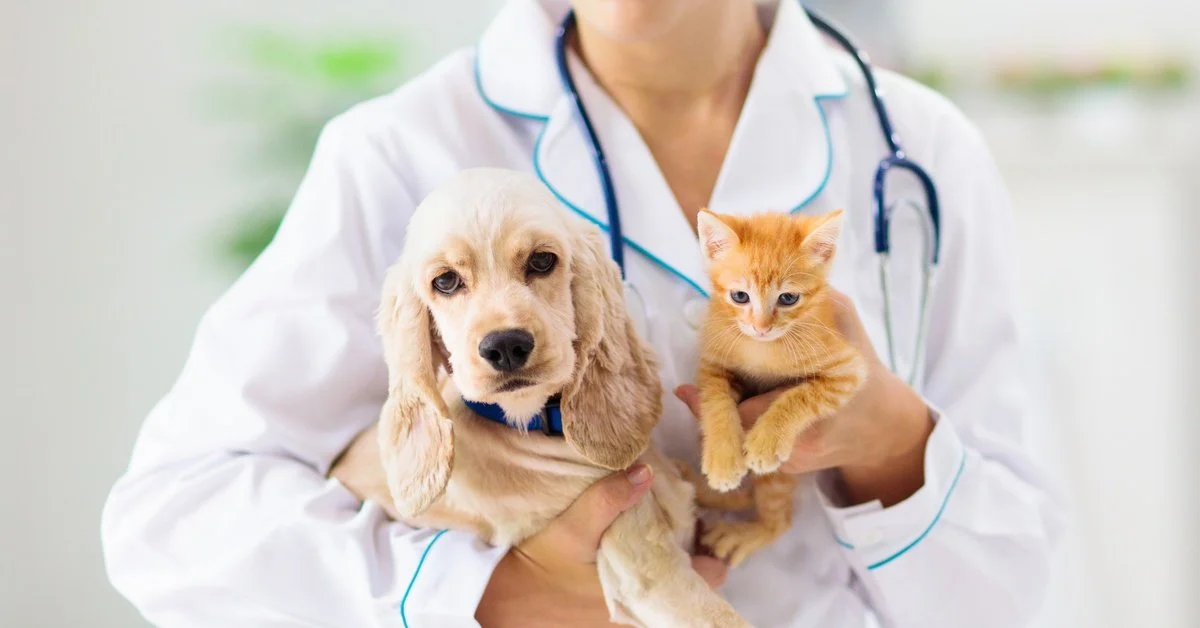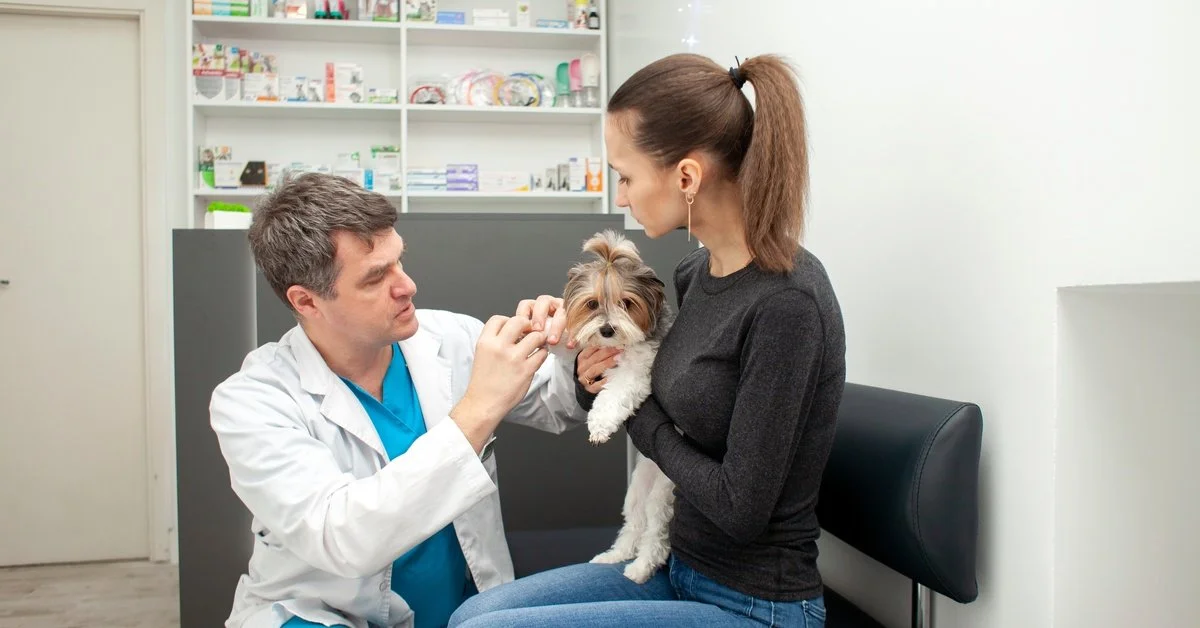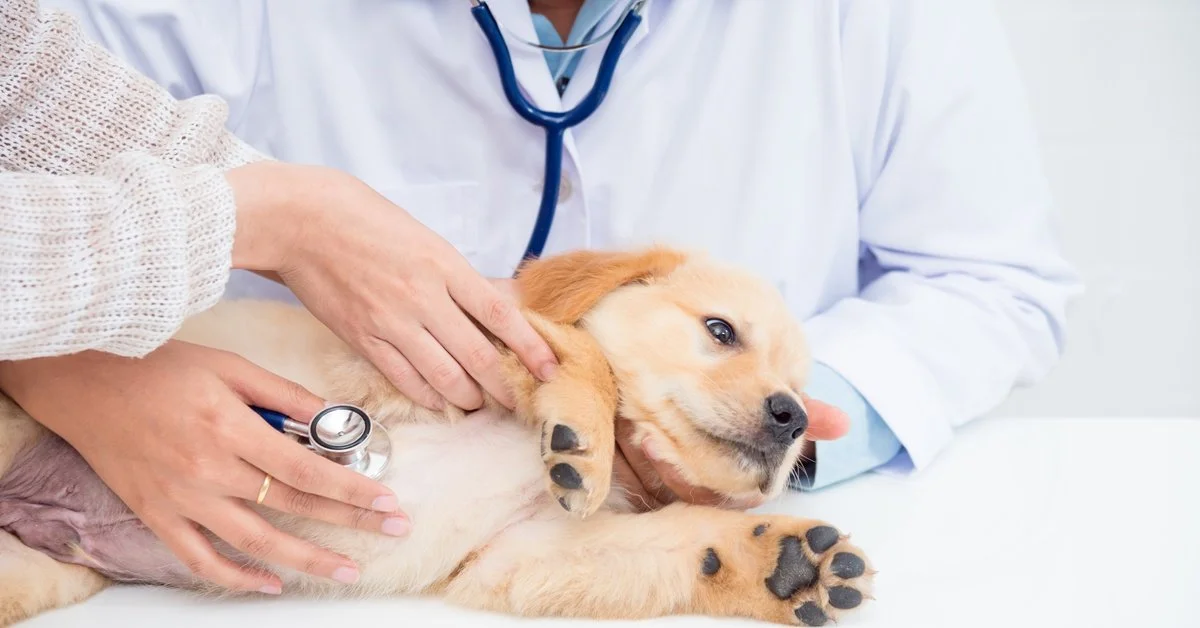What To Expect During Your Pet's First Visit to the Vet
Getting a new pet is an exciting experience, but it won’t be long before you have to bring them into the vet. Whether you’ve got a brand new puppy or kitten, or you’ve adopted an older animal, a veterinary checkup is an important step toward their long and healthy life with you. However, some pet owners don’t know what to expect during their pet’s first visit to the vet. They may not know what to bring or what sort of questions to ask the veterinarian about.
Fortunately, The Complete Pet Animal Hospital is here to help. Here are a few things to keep in mind to help your first appointment go smoothly. Consider these steps and helpful questions so that you and your pet can feel comfortable and satisfied after that initial visit.
Preparing for the Appointment
There are lots of things you can do to prepare for your appointment before you arrive. You should gather any documentation you have about your pet. These could include their adoption papers, vaccination certifications, or any other paperwork you got from the breeder, shelter, or previous owner. These records help the veterinarian understand your pet's health history and determine which vaccines or treatments they need.
You can also make a note of your pet’s eating habits, current diet, sleeping patterns, and any behavioral concerns you may notice. The more information your vet has about your pet’s daily schedule and habits, the better they can tailor treatment and advice plans for your needs.
The Check-In Process
When you arrive at the vet for the first time, the reception staff will have you fill out some new patient paperwork, just like when you go to the doctor. These forms ask about your pet’s health history and gather important contact information. They may also request additional details about your pet’s behavior, any medications they’re taking, and important information about how to treat them, such as if they’re particularly shy or may try to bite.
The staff will weigh your pet and record their vital signs. This baseline information becomes part of your pet's permanent medical record and helps track their growth and development over time. They may also ask about your pet's temperament and any specific handling concerns.
You should always try to arrive to your appointments a little early and expect to wait in the reception area. Keep your pet on a leash or in a carrier to limit potential negative interactions with other animals.
Meeting the Veterinary Team
Meeting the vet is an important part in the first appointment. Additionally, introduce yourself to any veterinary technicians or assistants who are there to help during the examination. This team approach ensures comprehensive care and allows multiple professionals to observe your pet's behavior and health.
Your veterinarian will ask general questions about your pet’s background such as how old they are, what breed they are, where and how you adopted them, and any health concerns you may have noticed.
They’re likely to inquire about your pet’s current diet, exercise routine, and anything else that can help them understand their current lifestyle. During this initial conversation, the veterinarian will also discuss your expectations for your pet's care and explain the clinic's policies regarding appointments, emergency services, and payment options.
The Physical Examination
Your veterinarian will conduct an in-depth physical examination during your first appointment. This part normally involves checking them out from nose to tail and looking for any physical warning signs of conditions or diseases. They can check your pet’s general appearance, posture, and behavior to certain physical stimuli.
Like a normal checkup, this examination includes checking your pet’s eyes, ears, and mouth for any abnormalities. Veterinarians will check for signs of infection, injury, or any developmental issues, particularly in younger animals. One of the most common physical issues is related to tooth and gum health, so the vet may mention dental care routines to work into their day-to-day lives.
Vaccination Assessment and Planning
Having any detailed vaccination information on your pet is important because they can protect your pet from serious infectious diseases, and in some states, pet vaccinations are mandatory. Most breeders or shelters will provide you with detailed vaccinations records when you adopt them, but if you found a stray animal or got the pet from a previous owner, you may not have that information.
Most pet vaccines cover diseases such as rabies, distemper, parvovirus, and adenovirus. Cats should also receive vaccines for calicivirus and rhinotracheitis. Depending on your pet’s physical state, the vet may also recommend non-core vaccines for Lyme disease or feline leukemia.
Parasite Prevention and Testing
Another thing to expect during your pet’s first visit to the vet is parasite prevention or treatment. Parasites are a major risk to pets, and some can even infect humans. Your vet may recommend testing for certain common parasites like heartworms, intestinal worms, and fleas, especially if you’ve adopted a stray animal.
They'll explain how different parasites affect your pet's health and describe the signs and symptoms you should watch for. The discussion will cover both internal parasites, such as roundworms and hookworms, and external parasites such as fleas and ticks.
Nutritional Counseling
Nutrition is one of the most important factors in your pet’s health and development. Your vet may ask about their current eating habits and diet and make recommendations depending on their age, breed, size, or activity level. An active growing kitten should have a different diet from a more stoic elder cat.
Follow-Up Care and Future Appointments
One of the last things you and your pet should expect before leaving the clinic is scheduling a follow-up appointment. You may need to come back within a few weeks for additional vaccinations or in a few months for another routine check-up. Your vet can help create a timeline for any ongoing healthcare needs and plan another visit when your pet most needs it.
The veterinary team will discuss their appointment scheduling system, reminder services, and preferred methods of communication. This information helps ensure you stay current with your pet's healthcare needs and maintain regular contact with the veterinary clinic.
Building a Foundation for Lifelong Health
Your pet's first veterinary visit establishes the foundation for a lifetime of health and wellness. The comprehensive examination, vaccination planning, and educational discussions provide you with the knowledge and resources needed to care for your new companion effectively.
If you're in need of urgent pet care in Litchfield Park, AZ, contact The Complete Pet Animal Hospital today. Our dedicated team is here to provide compassionate, comprehensive care for your beloved pets when they need it most. Call or visit us now to ensure your pet receives the attention and treatment they deserve.



